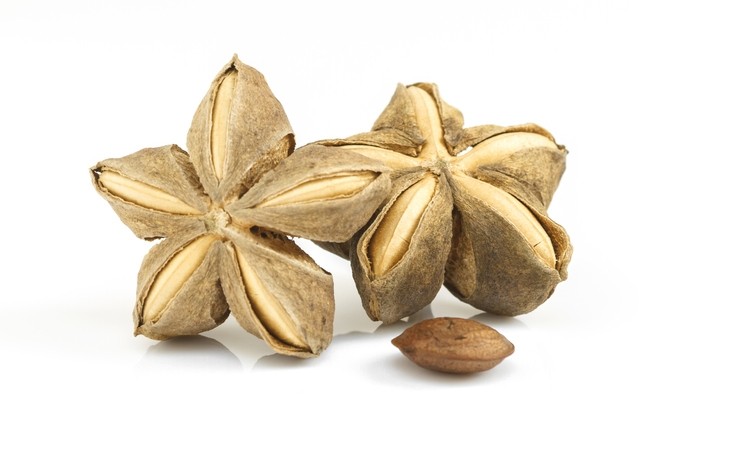Omega-rich Amazon ‘peanut’ oil shows moisturising promise: Study

Writing in the Journal of Cosmetic Dermatology, researchers from two universities in Thailand investigated the moisturising and irritation potential of sacha inchi – an oil extracted from the native Amazonian plant Plukenetia volubilis L., commonly known as the sacha or mountain ‘peanut’.
Rich in omega-3s and omega-6s
According to the researchers, sacha inchi oil was around 40-50% higher in omega-3s and 30-40% higher in omega-6s than olive oil; it was also rich in natural antioxidants, including tocopherols and polyphenolics.
The oil was typically used in cosmetics as an emollient and skin protector due to this fatty acid ratio and phytochemical composition, they said.
“The omega-6 fatty acid linoleic acid plays a role in regeneration of the lipid barrier structure in the stratum corneum (SC). Moreover, linoleic acid and the omega-3 linolenic acids are precursors of other polyunsaturated fatty acids and arachidonic acid, which are involved in differentiation of keratinocytes,” the researchers wrote.
However, they said the oil had not yet been investigated for its moisturising or skin irritation potential.
Previous research indicated topical application of linoleic acid and/or linoleic acid could restore the permeability barrier and improve skin appearance, therefore the researchers said sacha inchi oil could prove to be “an alternative source of essential fatty acids” for skin improvement and function.
‘Beneficial effect on dry skin’
In the current study, the research team determined the compositions and characteristics of cold-pressed sacha inchi seed oil and assessed moisturising and irritation potential through a clinical study. Skin tissues cultured ex vivo were also used to assess primary irritation induced by the oil, looking at the expression of pro-inflammatory cytokines keratin 1 and tumor necrosis factor‐α (TNF‐α).
“The results of ex vivo skin tissue culture and a clinical study revealed that the oil was mild to the skin and had a beneficial effect on dry skin,” the researchers wrote.
Its moisturising effect, they said, was comparable to that of olive oil.
The clinical study showed a “statistically significant” increase in skin hydration with the application of sacha inchi oil and “improved visual dryness” among subjects.
“This hydration level is associated with water-binding ability, which depends on the components and structural organisation of the SC and is of importance both for barrier properties and the clinical appearance of the skin. The improvement in moisture content and skin dryness appearance after application of the tested oils might be due to their occlusive effect. Additionally, the increase in skin moisture content might be achieved by the presence of natural moisturising factors, such as fatty acids, in both oils [sacha and olive],” the researchers wrote.
Preliminary results indicate 'safe to use'
There were reports of erythema, scaling or edema at the application site during the clinical study and ex vivo tests showed no secretion of pro-inflammatory cytokines that disturbed the skin barrier.
“Our findings preliminarily indicate that sacha inchi oil is safe to use and provide evidence supporting the performance of the oil as an active moisturising ingredient,” the researchers said.
Further work would be needed with a larger number of subjects for a longer duration to confirm the beneficial effects of the oil, they said. The current clinical study involved 15 volunteers and ran for 16 days.
Source: Journal of Cosmetic Dermatology
Published online ahead of print, doi: 10.1111/jocd.13099
Title: “Evaluation of moisturizing and irritation potential of sacha inchi oil”
Authors: W. Soimee et al.





























